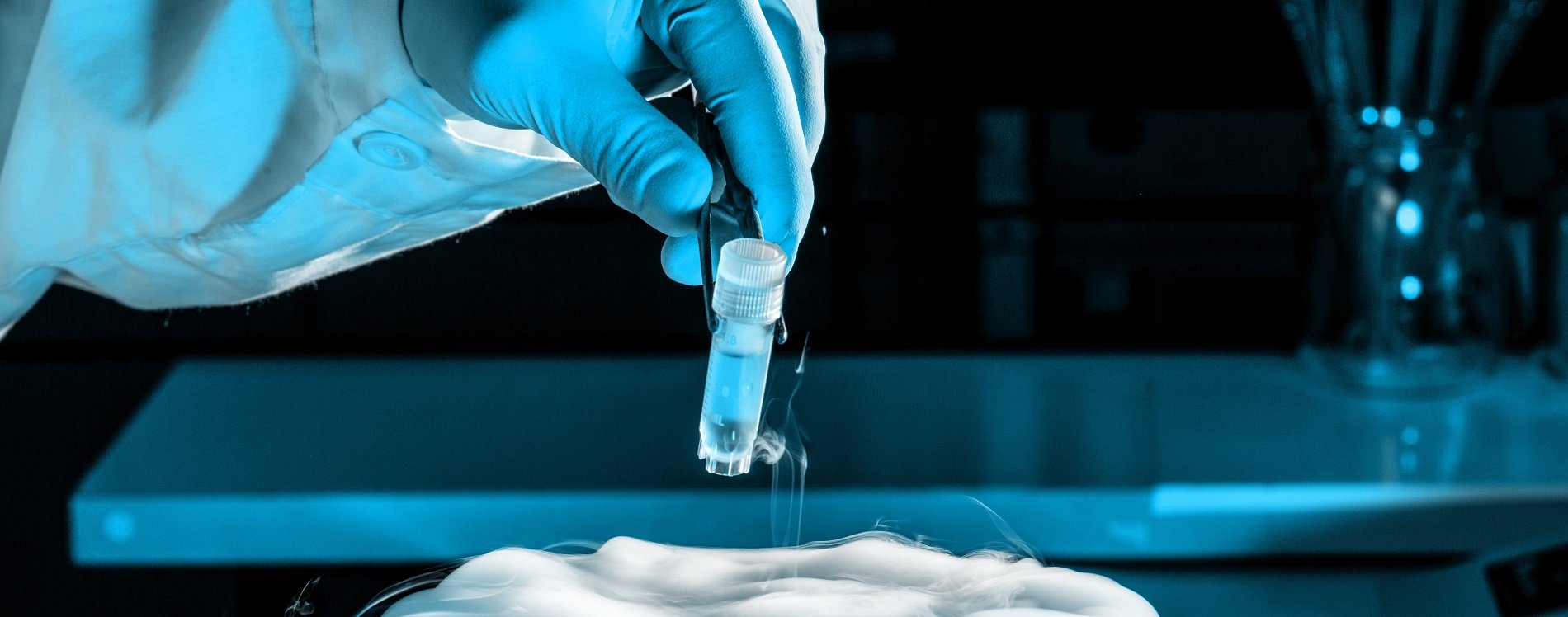Top 4 Fertility Facts Concerning the Biological Clock in Women
Today, many couples do not address the subject of parenthood until much later in their lives. Schooling and career paths seem to take priority for many 20-30-year-old men and women, but the reality is that female fertility begins to decrease at age 30 and for some even sooner.
Thankfully, advancements in reproductive technology are encouraging and have given newfound hope to couples who may not have had these same opportunities just a few years ago.
1. That ticking women start to hear when they enter their 30s is real and justified
Women have made great progress over the last several decades. Burgeoned by



